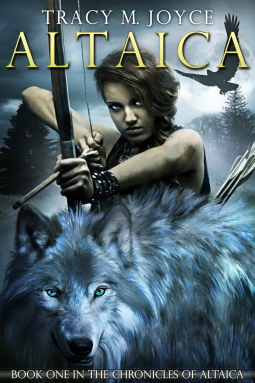If you’ve ever been in love, or any kind of relationship, you probably know that love can hurt. It can be messy, complicated, and sometimes leaves no survivors. In real life, love is very rarely the simple happily ever after fairytale.
One of the things I love about YA is that it doesn’t flinch away from the complicated and heavy parts of life. It deals with every raw part of teenager’s lives, from first loves to loss. I think as authors we have a responsibility in that. To not just write about these, but write them authentically.
Just because it is YA doesn’t mean we should “water down” things. Life is not watered down. And especially in these dark fictional worlds, teenage characters deal with very adult problems, just like in real life. There’s a fantastic post on this by author Kate Brauning, which you can read here.
With all of that in mind, I’ve still struggled with how dark and twisted to go in my often dark and twisted fantasy. I want to be true to my characters and my world, but within the realms of YA and without alienating certain readers. I know how crucial YA was to me while I was growing up, and how much I learned, so I want to be able to give that same experience to younger readers.
But more than that, I’ve had a hard time with the romance in my story. From the very beginning, even before I wrote a single word, I knew Falcon was going to be with Hawke. They are perfect for each other, a team. And while they do have some conflict over outside events, they don’t really have any issues between them.
Then came a new character, Crow. I never intended for him to be a romantic interest, not even slightly. But the more I wrote, the harder it became to ignore. There was just something between him and Falcon, no matter how I tried to deny it. A pull, a spark, whatever you want to call it, it was there, and it wasn’t going away.
The problem is, Crow has issues. A lot of issues. I mean, he’s an assassin for a gang lord and comes from a severely abusive and messed up background. He isn’t capable of a healthy relationship. For him, everything is messy, no matter how good he tries to be. But when my CP first read EMBER, one of the first things she said was this is who Falcon should be with, their chemistry is tangible.
So how do I choose? Do I choose the character she should be with, the one who would make a great relationship and role model for love? Or do I choose the one who I know will cause her pain, but might actually be the stronger, greater love, even if it’s not always healthy?
Honestly, I still don’t have it entirely figured out. I have strong reasoning and motivation for both. But reading Kate Brauning’s post and some of her other tweets helped to open my eyes. YA relationships don’t have to be perfect. Really, they shouldn’t. Because real life relationships, especially teenage ones, are rarely perfect. It would give me an opportunity to really explore the ups and downs of relationships, all the messy tangles of love. Not to mention that the rocky, imperfect love might simply make for a better story.
What do you think? Do you prefer characters who are perfect for each other and relationships that are healthy? Or a more raw, complicated love story that might be a little more true to real experience, especially in YA?




